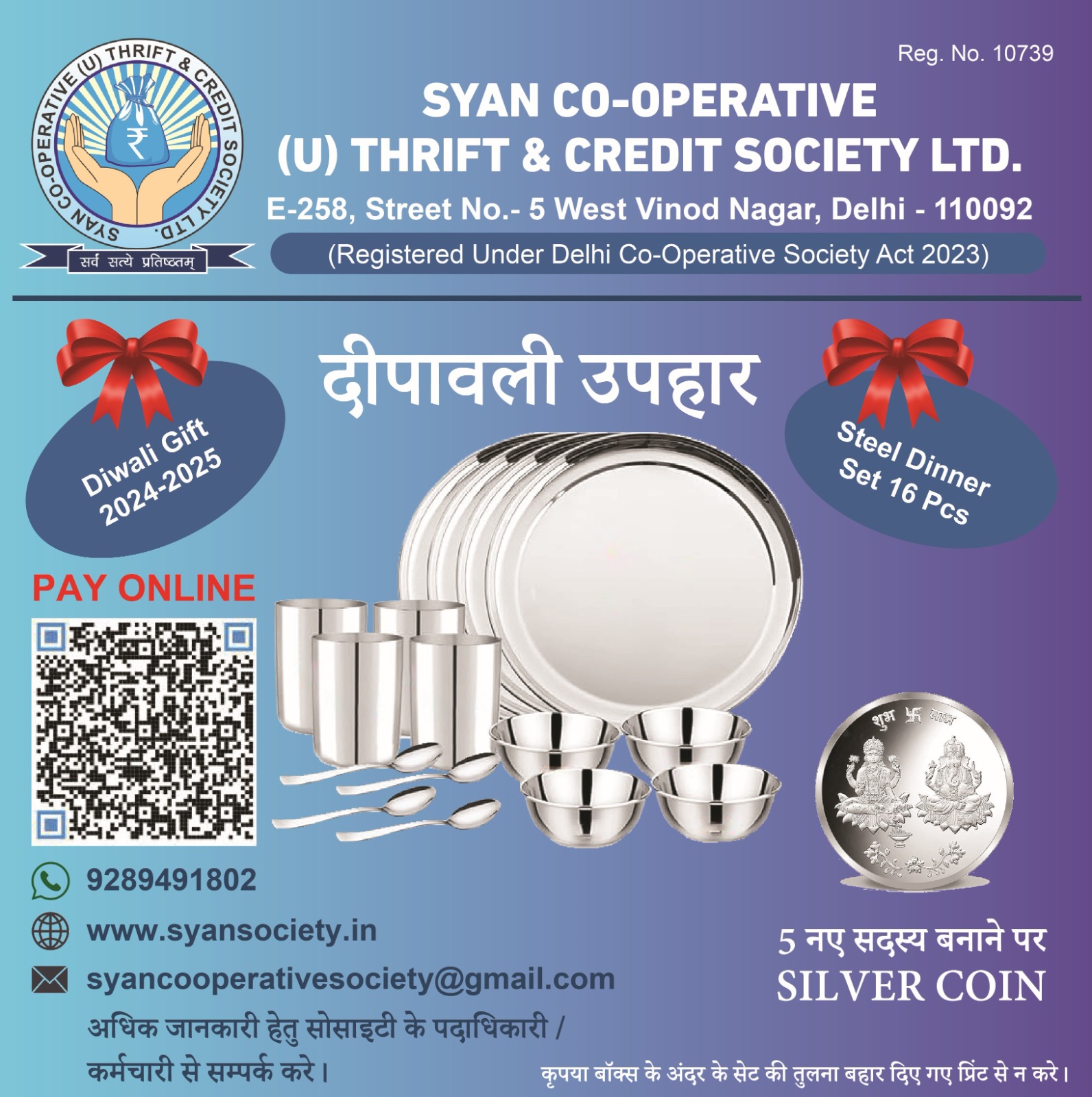Details:
Key Features of an Emergency Loan:
Quick Approval and Disbursement:
- Emergency loans are processed quickly, often within the same day or a few hours. This fast turnaround is critical for situations where time is of the essence.
- Many lenders offer online applications, making the process convenient and accessible.
No Collateral Required (Unsecured Loans):
- Most emergency loans are unsecured, meaning you don’t have to provide any collateral (like a house or car) to back the loan. However, because these loans are riskier for lenders, they often come with higher interest rates.
Short Repayment Terms:
- Emergency loans typically have shorter repayment periods, ranging from a few months to a few years, depending on the loan amount and lender.
Smaller Loan Amounts:
- Emergency loans generally offer smaller amounts compared to other types of loans (like personal or home loans), which can range from a few hundred to several thousand dollars.
Higher Interest Rates:
- Due to the fast approval process and lack of collateral, emergency loans tend to have higher interest rates compared to secured loans or traditional personal loans.
- The rates will vary based on the lender, the borrower’s credit score, and the loan term.
Eligibility:
- Emergency loans are often more flexible in terms of eligibility. While having a good credit score may help you get better rates, some lenders offer loans to people with bad credit, albeit with higher interest rates.
- Some lenders also look at your income, employment status, and ability to repay the loan rather than just your credit score.
Common Types of Emergency Loans:
Personal Loans:
- A personal loan can be used for any purpose, including emergencies. These loans are usually unsecured, meaning you don’t need to provide collateral. Interest rates vary, but personal loans are available from banks, credit unions, and online lenders.
Payday Loans:
- These are short-term, high-interest loans that are typically due on your next payday. While they are easy to obtain and don’t usually require a credit check, they come with extremely high interest rates and fees. Payday loans are generally considered a last resort due to their predatory lending practices.
Credit Card Cash Advances:
- If you have a credit card, you can take out a cash advance by withdrawing money from an ATM. While this is quick and convenient, cash advances usually come with high interest rates and fees, and the interest starts accruing immediately, unlike regular purchases on a credit card.
Credit Union Loans:
- Many credit unions offer short-term emergency loans with more favorable terms than traditional payday lenders. Credit unions often have lower interest rates and more flexible repayment terms, especially for members.
Line of Credit (LOC):
- Some banks offer lines of credit, which are revolving credit accounts that you can draw from in case of an emergency. You only pay interest on the amount you withdraw, not the entire credit limit.
Pawnshop Loans:
- A pawnshop loan is a secured loan where you use a personal item (like jewelry or electronics) as collateral. You receive the loan amount based on the value of the item, and if you fail to repay the loan, the pawnshop keeps the collateral.
Government or Employer-Provided Emergency Loans:
- Some governments, employers, or organizations provide emergency loans for specific needs, such as natural disasters, healthcare, or job loss. These loans often come with favorable terms, such as low or no interest rates.
How to Apply for an Emergency Loan:
Check Eligibility:
- Lenders usually consider factors like your credit score, income, employment status, and ability to repay the loan. Having a good credit score may help you get better interest rates, but some lenders specialize in offering loans to individuals with lower credit scores.
Prepare Documentation:
- To apply for an emergency loan, you may need to provide documents like:
- Proof of identity (e.g., passport or driver’s license)
- Proof of income (e.g., pay stubs, bank statements, or tax returns)
- Bank account details for disbursement of funds
- Proof of residence
Compare Lenders:
- It’s important to shop around and compare interest rates, fees, repayment terms, and approval times across different lenders. Online lenders, credit unions, and traditional banks are all options to consider.
Submit Your Application:
- Many lenders have an online application process. Be sure to fill out the form accurately and provide all the required documents to speed up approval.
Review the Loan Agreement:
- Before accepting the loan, review the terms and conditions carefully. Check the interest rate, repayment schedule, and any fees (such as origination fees, late payment fees, or prepayment penalties).
Receive the Funds:
- Once approved, funds are usually disbursed directly into your bank account. Some lenders may provide same-day or next-day funding.
Benefits of Emergency Loans:
Quick Access to Funds:
- Emergency loans are designed to get you money fast when you need it the most, often within a few hours or days.
No Collateral Required:
- Since most emergency loans are unsecured, you don’t need to risk valuable assets to obtain the loan.
Flexible Use:
- Emergency loans can be used for any urgent expenses, whether medical bills, car repairs, or other unforeseen costs.
Helps During Financial Crises:
- Emergency loans can prevent you from falling deeper into debt by providing immediate relief, especially in situations where you cannot access other sources of funds.
Risks and Considerations:
High Interest Rates:
- Emergency loans can come with higher interest rates, especially if you have poor credit or if the loan is unsecured. It’s important to understand the total cost of the loan before accepting it.
Debt Trap:
- If you take out a loan with unfavorable terms or if you borrow more than you can repay, it could lead to further financial problems. Payday loans, in particular, are known for leading borrowers into cycles of debt.
Hidden Fees:
- Some lenders charge origination fees, prepayment penalties, or late payment fees. These can add up and increase the cost of borrowing, so make sure you understand all the associated fees before agreeing to the loan.
Credit Impact:
- If you fail to repay an emergency loan on time, it could negatively impact your credit score, making it harder to borrow in the future.
Alternative Options:
Before taking an emergency loan, consider alternatives:
- Emergency Fund: If you have an emergency savings account, use this first before borrowing.
- Credit Cards: Depending on the interest rate on your credit card, using it for emergency expenses may be cheaper than taking out a loan.
- Borrow from Family or Friends: If possible, borrowing from trusted family or friends could save you from high-interest loans.
- Negotiating with Creditors: In some cases, you can negotiate with creditors or service providers for more time to pay bills or to set up payment plans.
Emergency loans can be a financial lifeline when you face unexpected expenses. However, it’s crucial to assess your repayment ability and to understand the loan terms to avoid falling into deeper financial stress.







